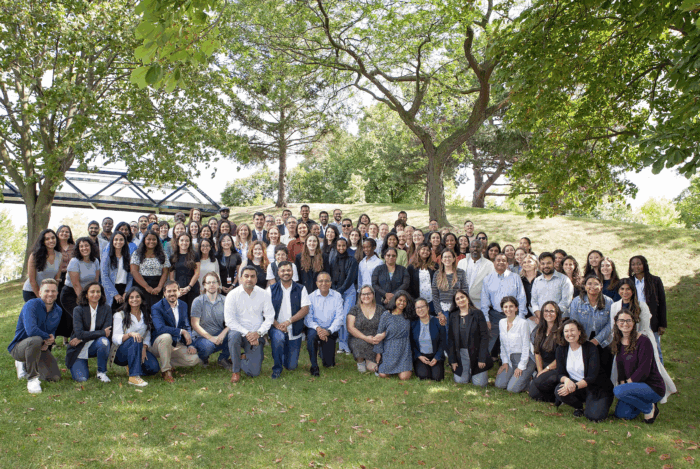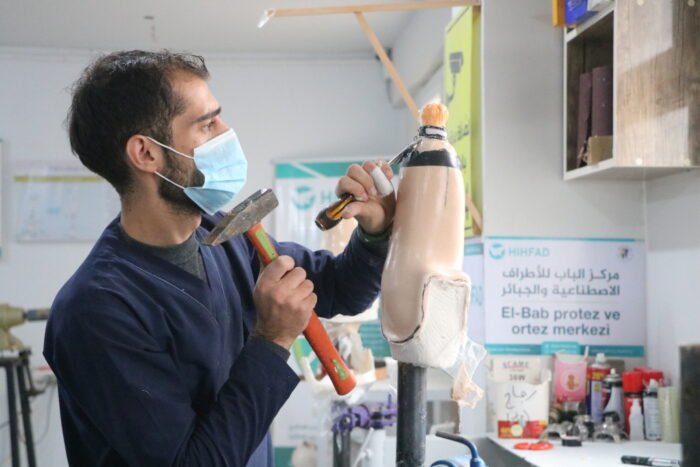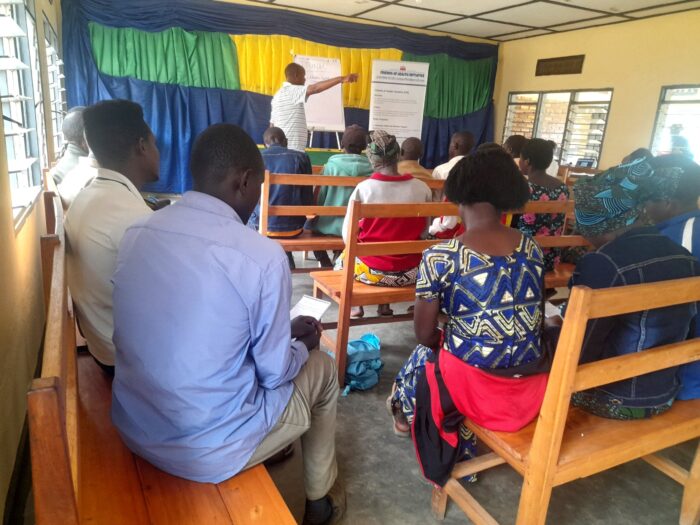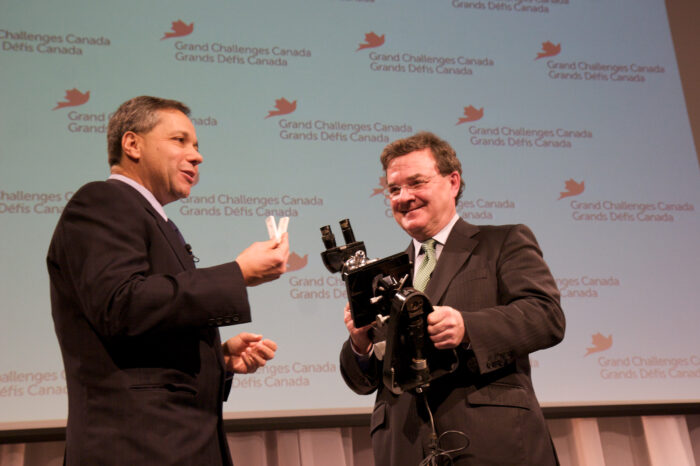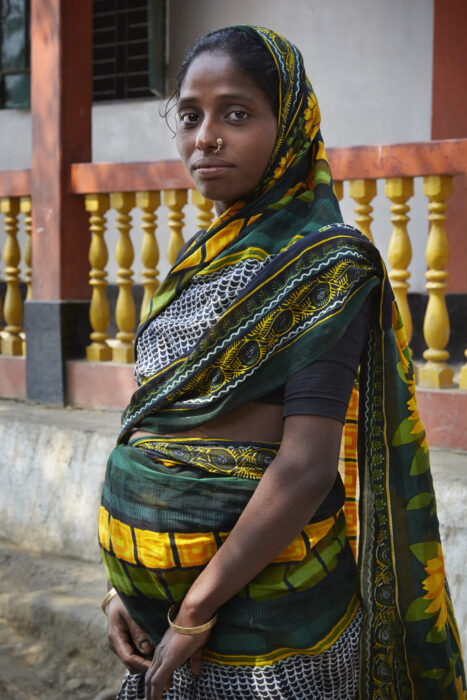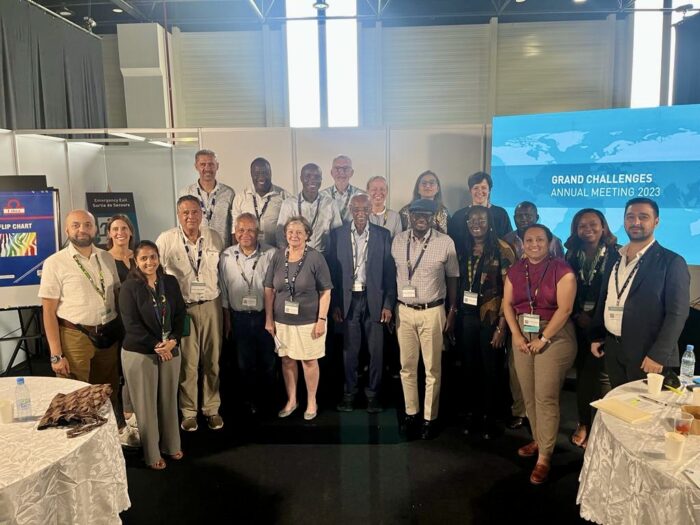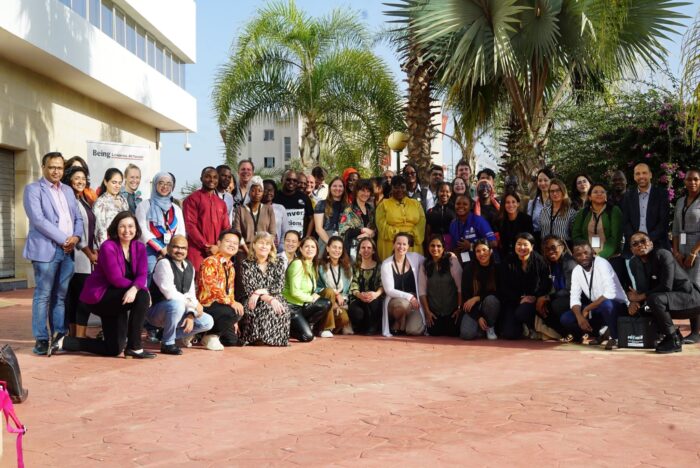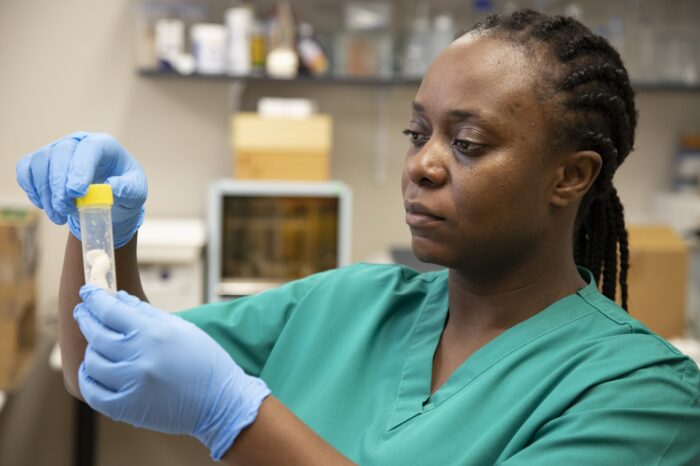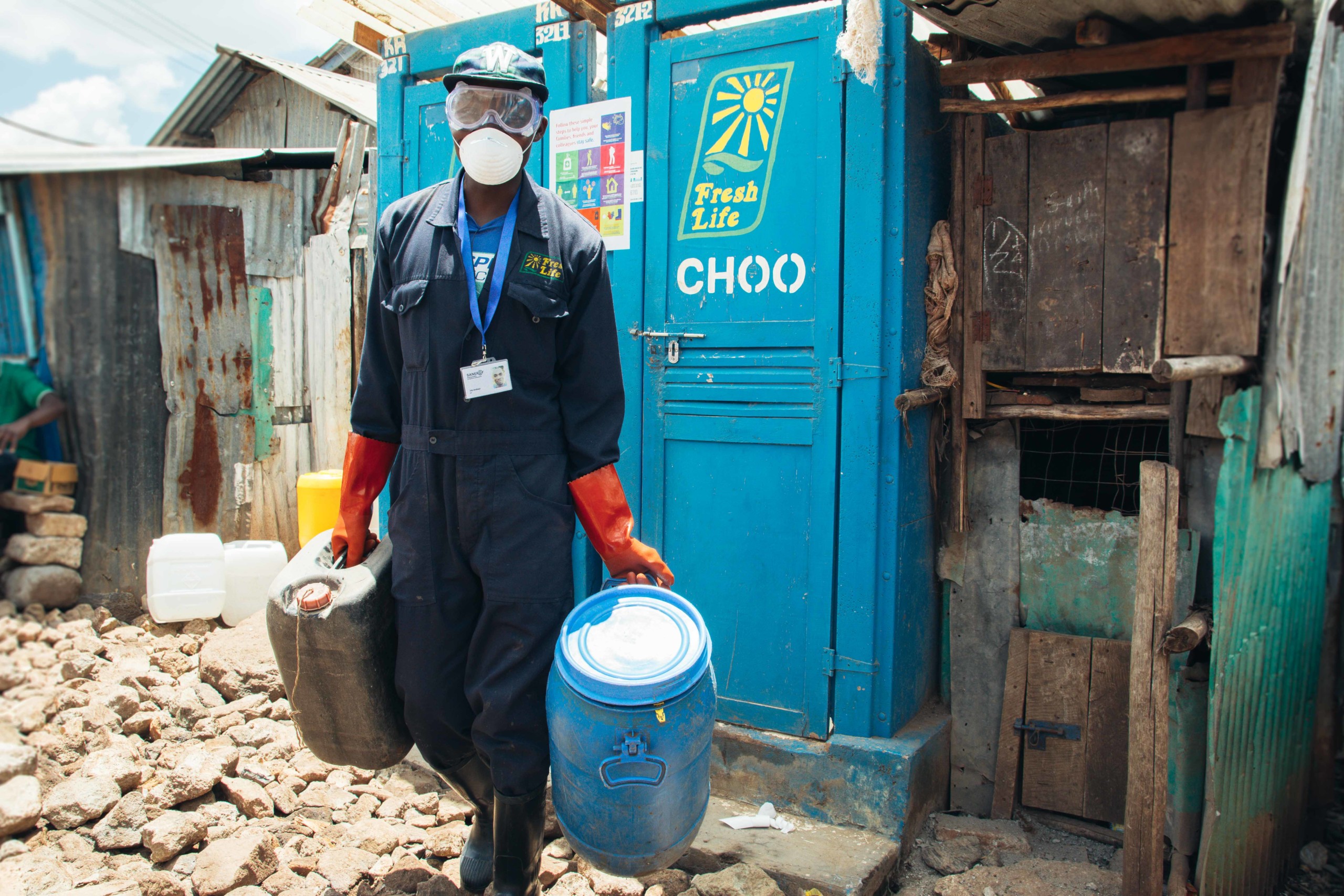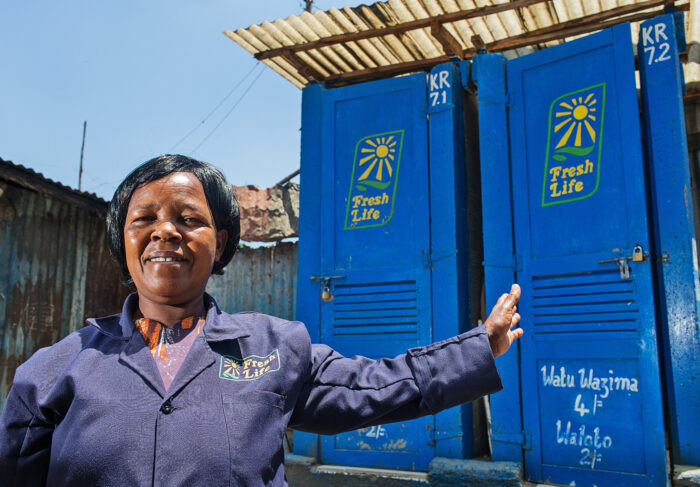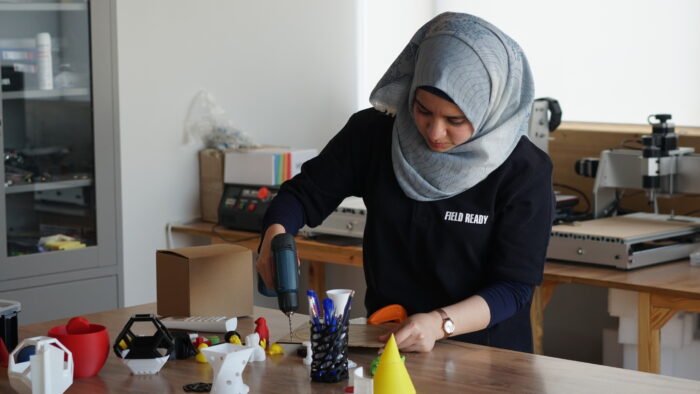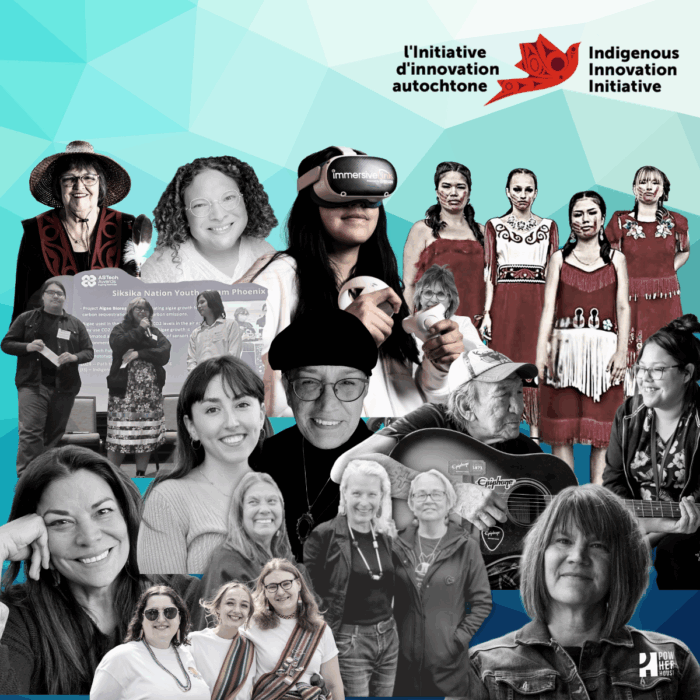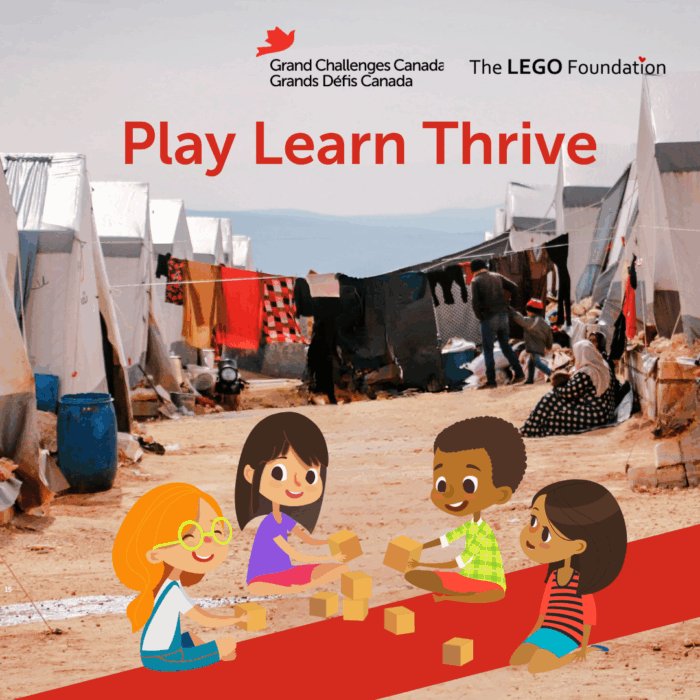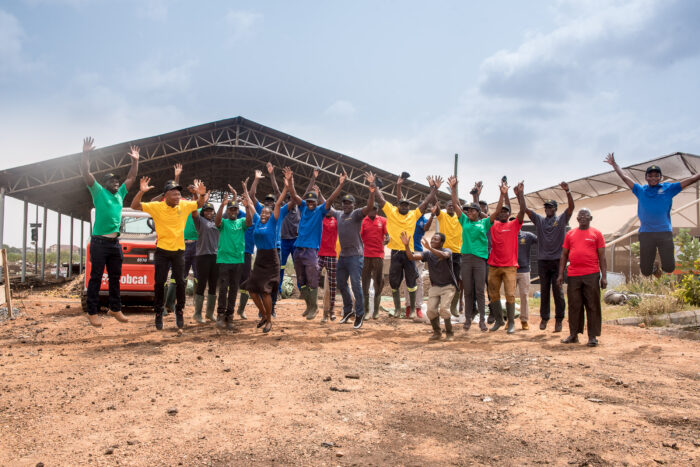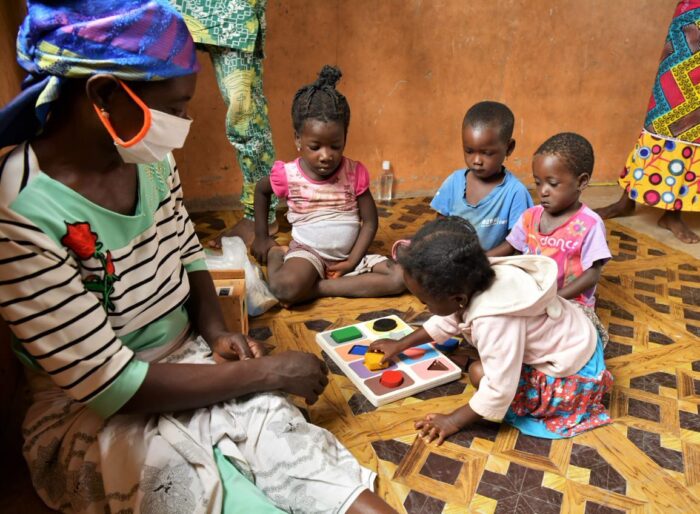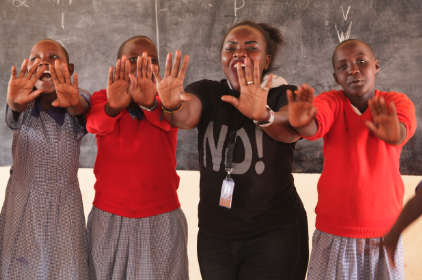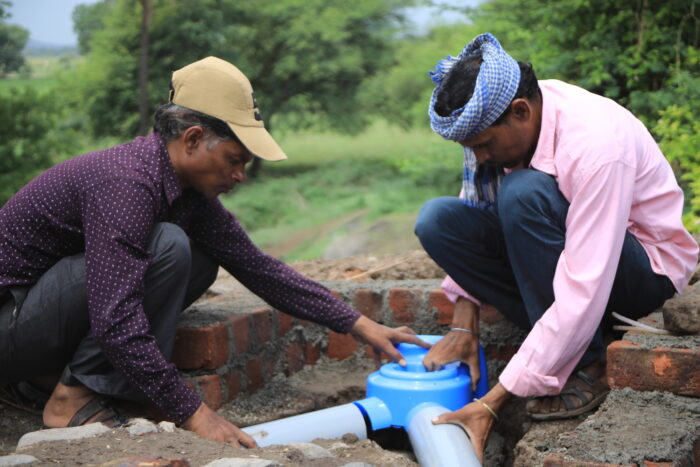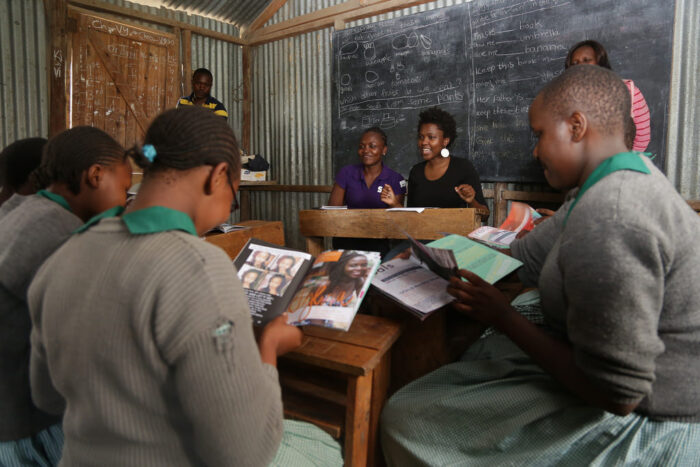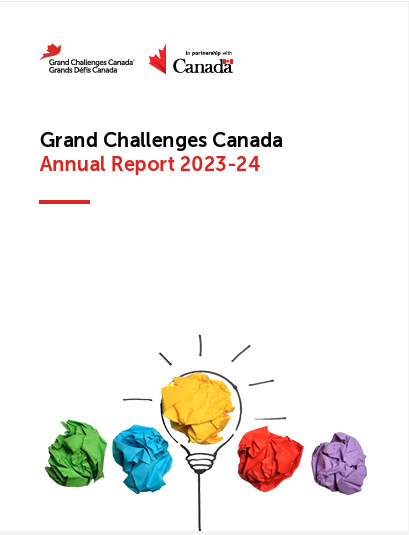Kulsum Khan is the Global Mental Health Summer Student at Grand Challenges Canada and recently completed a Master of Social Work from York University. Follow her on Twitter at @Kulsumkhn.
Grand Challenges Canada and the U.S. National Institute of Mental Health (NIMH) co-hosted the conference “Solving the Grand Challenges in Global Mental Health: Partnering for Impact at Scale” in Toronto, Canada in June.
This successful three day conference brought together innovators, researchers, partners and policymakers to:
Shine a spotlight on evidence-based innovations that address the Mental Health Action Plan 2013-2020 targets, accelerate and expand the development and impact of innovations, including exploring strategies and opportunities for scaling, sharing lessons learned and further developing the skills and capacity of innovators to scale, and foster new partnerships for improving mental health globally through innovation and research.

Evidenced Based Innovations
A wide array of evidence-based innovations were shared and discussed in detail. An example from Mozambique showcased professionals diagnosing mental health disorders, prescribing and counselling, leading to 100% mental health care coverage. The FaNs for Kids project from Pakistan showcased their innovative technique leveraging mobile-based technology to screen children and improve outcomes in children with developmental disorders. Further examples provided a platform to discuss a variety of topics including:
- Cost-effective training enabling high quality and sustainable mental health care service provision closer to communities
- Improving prevention and promotion in communities through schools, churches and leader groups
- Evidence based models for training traditional healers, faith based leaders, religious communities and nurses
Shared Learning
Innovators and policymakers had an opportunity to bring together their knowledge and experiences implementing and scaling up their project and mental health programs towards the common goal of reducing the current mental health gap. This shared learning process allowed innovators to exchange how their innovations have achieved or can achieve sustainable impact. Issues addressed included triggering government adoption of mental health programs; learning from the supervision of training lay health workers; and building trustworthy relationships and respectable teams.
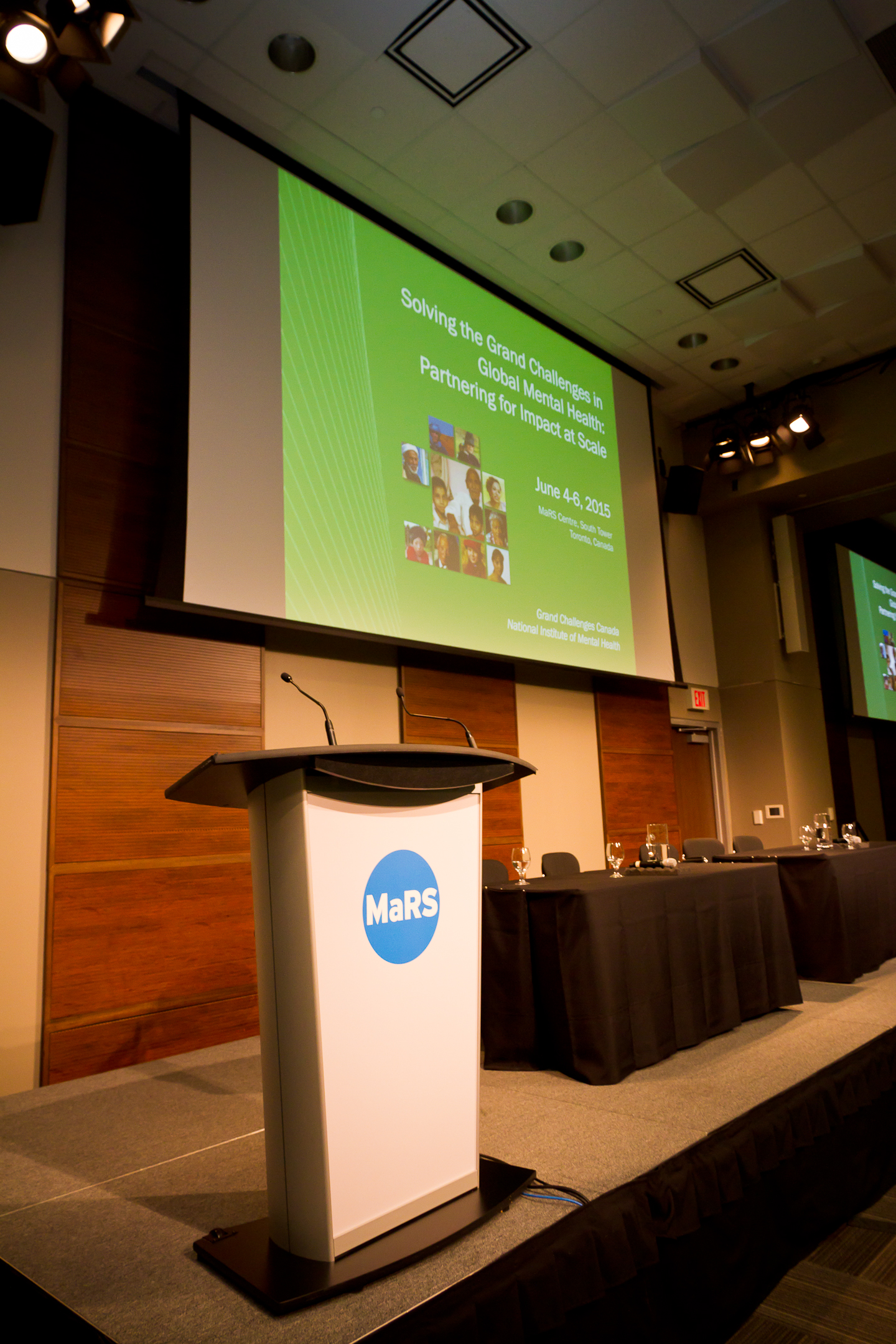
Challenges in Scaling up
The meeting provided a great platform for innovators to engage with one another and share some of the key challenges they faced and how they overcame them. In Pakistan and Benin (though relevant to many low-resource settings), some of the main challenges included: lack of quality supervision; inadequate information systems; pleasing communities as stakeholders; engaging community health workers who are unmotivated due to high workload and being overburdened.
Accessing medications and dealing with these symptoms as a result of these medications. As many of the modern medications have metabolic symptoms which can cause further difficulties in treatment.
Developing parallel mental health care services to the health care system when in fact, both should be integrated
Soumitra Pathare from the Quality Rights project in India discussed the importance of drawing into existing resources and government budgets for successful scale up. He also suggested developing key roles such as master trainer and peer support volunteers which can allow for project sustainability.
Strategic Partnerships
Smart and strategic partnerships were identified as vital to successful scale up by innovators. Innovators shared how they were able to forge partnerships with the private sector and secure matching funds from government ministries. Policymakers present such as Prosper Chonzi from Harare, Zimbabwe stressed the importance of engaging in policy conversations and connecting projects with Ministries.

Connecting the Global to Canada
Canadian MP Mike Lake highlighted the continuing need to improve the quality of life for people with mental illness, both in Canada and globally. Many of the projects have demonstrated similar successes are taking place both in low- and middle-income countries and Canada.
The Banyan project in India funded by Grand Challenges Canada and the housing and homelessness project in Canada were able to make local and global connections in mental health. They both identified the importance of quality housing and its positive effects on treatment seeking behavior for people with mental health issues.
Psychiatrist, Stanley Kutcher, shared the example of the Grand Challenges Canada-funded Farm Radio project in Malawi and Tanzania that was able to inform the mental health curriculum for schools in Canada.
Future Directions
The conference was able to conjure rich discussion around scaling up and sustainability but also allowed an opportunity for gaps in global mental health innovations to be identified. Pat Capponi of the Centre for Addictions and Mental Health (CAMH) in Canada expressed the importance of including mental health care service users in their treatment and ensuring that they are not branded as powerless victims. http://gccadmin.staging.wpengine.com/2015/partnering-for-impact-at-scale/NIMH’s Pamela Collins identified that there needs to be: more interventions at earlier stages of life; development of a large community of funders, more sharing of lessons globally and disparities need to be addressed.
Solving the Grand Challenges in Global Mental Health: Partnering for Impact at Scale was a successful conference that brought together two important leaders in global mental health work: NIMH and Grand Challenges Canada. The conference also enabled shared learning and allowed for knowledge exchange and collaborations to occur between the diverse range of attendees.

This post was originally published on the Mental Health Innovation Network blog. For more photos of the from the conference, view the Flickr album: Global Mental Health Community Meeting 2015
